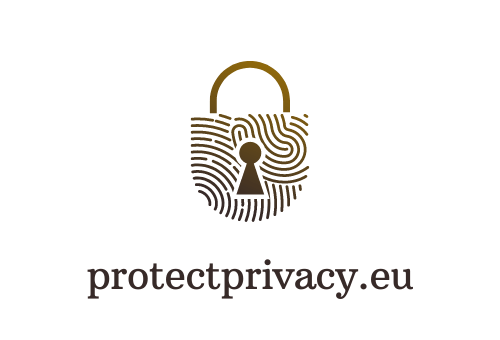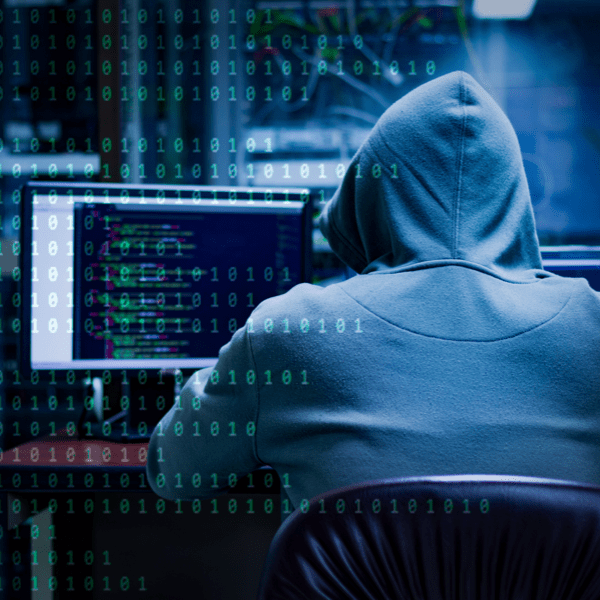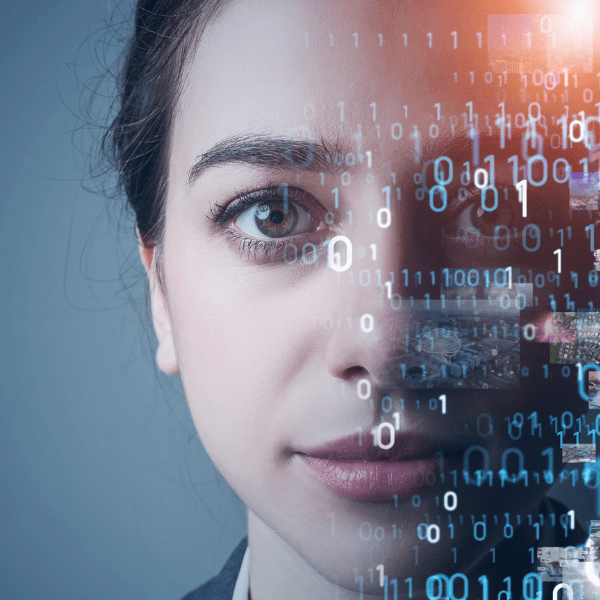Facial recognition technology and the dangers it poses…

Facial recognition technology is rapidly becoming more common in our daily lives, from unlocking our smartphones to identifying us in public places like airports and shopping centers. While the technology may seem convenient, it poses serious dangers to our privacy and civil liberties.
A Handy Tool for Mass Surveillance
First and foremost, facial recognition technology has the potential to be used for mass surveillance. Governments and law enforcement agencies can use facial recognition to monitor and track people in public places without their knowledge or consent. This type of constant surveillance erodes our right to privacy and can lead to a society where people are afraid to express their opinions or gather in groups.
Furthermore, facial recognition technology is not always accurate. Studies have shown that the technology can be biased against people of color and women, leading to false positives and incorrect identifications. This can have serious consequences, such as wrongful arrests or denial of access to services or opportunities.

Personal information at risk
Facial recognition technology also raises concerns about the security of our personal information. When we use facial recognition technology, our biometric data is collected and stored in databases. If these databases are hacked or accessed by unauthorized individuals, our personal information could be compromised.
In addition, facial recognition technology can be used to track our movements and behavior. This information can be used to create detailed profiles of individuals, which can then be used to make decisions about things like job opportunities, creditworthiness, and even insurance rates.
Facial Recognition in Hands of Authoritarian Regimes
There are also concerns about the use of facial recognition technology in authoritarian regimes, where it can be used to suppress dissent and monitor the activities of citizens. This can lead to a chilling effect on free speech and other basic human rights.
Given these dangers, it is important that we take steps to regulate the use of facial recognition technology. Governments should enact laws to limit the use of the technology by law enforcement and other entities, and to ensure that it is used only with the explicit consent of individuals. Companies that develop and sell facial recognition technology should also be held accountable for any negative consequences of their products.
The dangers are real and serious
In conclusion, facial recognition technology poses serious dangers to our privacy, civil liberties, and basic human rights. It is essential that we take steps to regulate its use and protect our personal information from abuse and misuse. As individuals, we can also take steps to protect our privacy by limiting our use of facial recognition technology and advocating for stronger regulations and safeguards.







